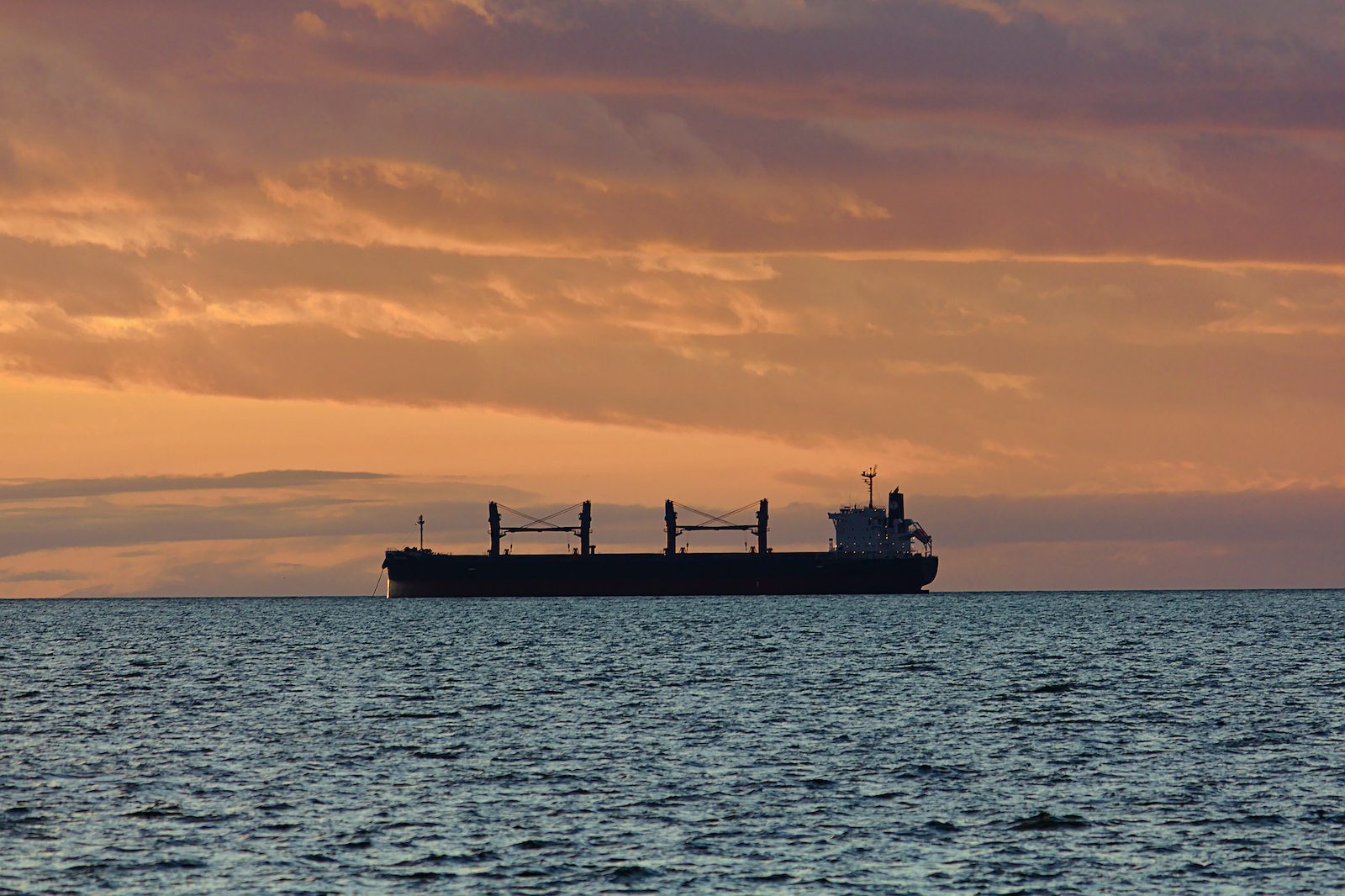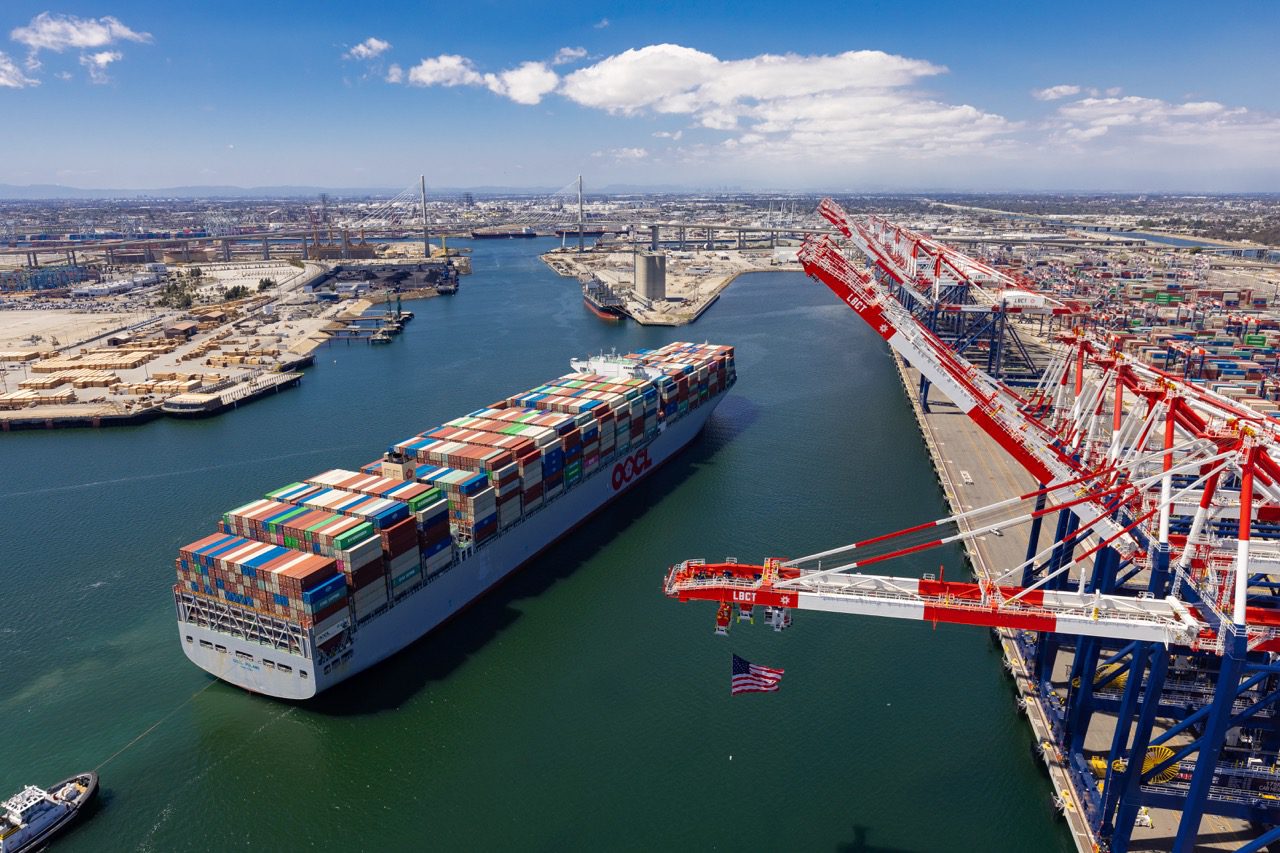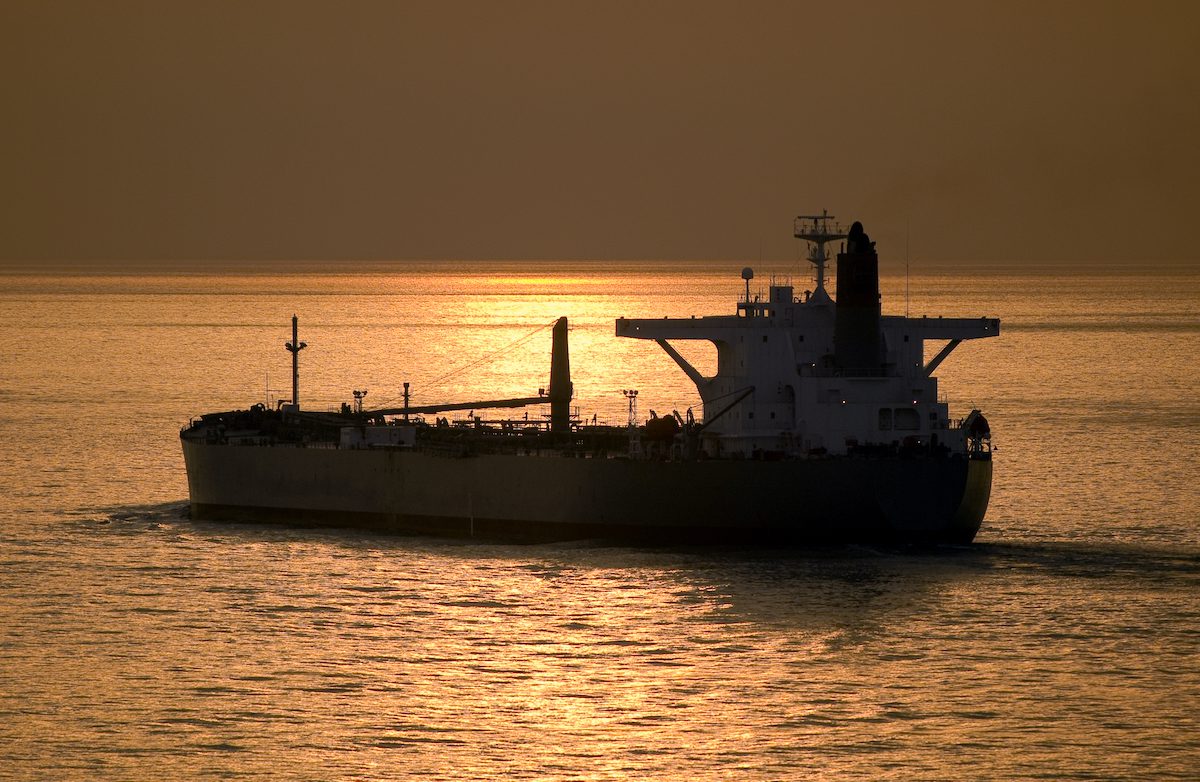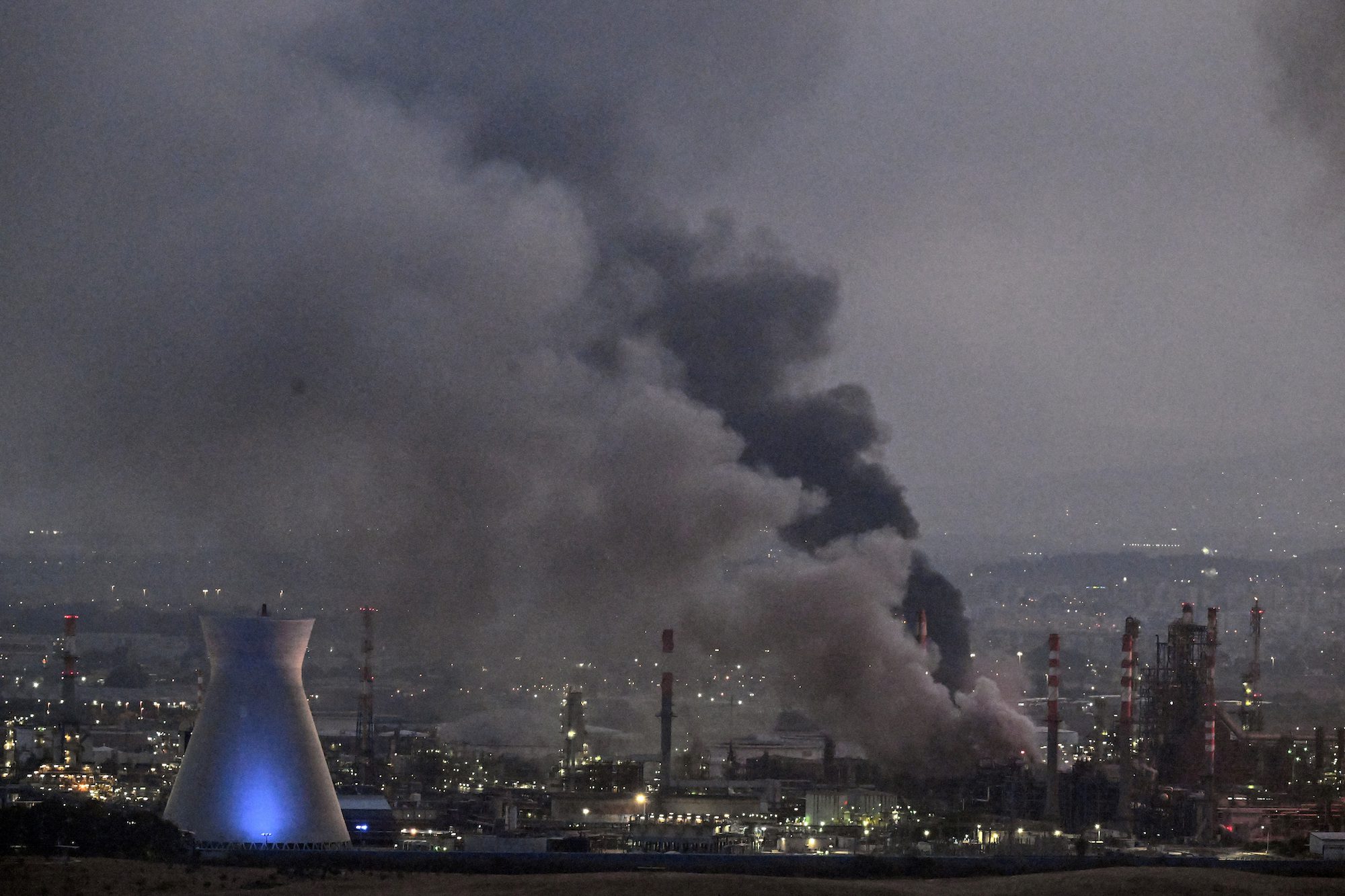By Barry Parker (gCaptain) –
In anticipation of the upcoming Marine Environment Protection Committee (MEPC) 80 meeting of the International Maritime Organization (IMO) in early July, the MEPC is considering a new report commissioned on the readiness and availability of low- and zero-carbon ship technology and marine fuels.
The report, conducted by environmental consultants Ricardo-AEA Ltd and DNV, “suggests that achieving a more ambitious decarbonization pathway than business as usual is feasible, with a strengthened level of ambition and implementation of further GHG reduction measures,” according to the IMO.
At MEPC80, Member States aim to revise the IMO’s GHG reduction ambition beyond the objective of the IMO’s initial strategy, laid down in 2018, to reduce maritime carbon emissions by 50% by 2050, compared to 2008 levels. In describing the recent report, presented to a Working Group that tackles the technical and economic nuts and bolts of issues between MEPC meetings, the IMO said that: “The main findings, including a summary report of the study, have been submitted to MEPC 80 in order to help inform Member States as they work towards the revision of the Initial IMO GHG Strategy by providing a feasibility analysis on possible strengthened levels of ambition.”
Different from previous reports on maritime decarbonization, the Ricardo-AEA/DNV report does chart a fresh course by pointing to and emphasizing uncertainties on the demand side—as opposed to most other analyses that lament the “chicken and egg” type problems of matching up fuels demand and supply. The authors suggest that the IMO needs to establish a clear level of ambition—whether it is 50%, 80%, or 100% reductions—to eliminate barriers to the shipping industry’s uptake of candidate fuels. They also note that technology, infrastructure, and shipyard readiness are unlikely to be a barrier to adoption. Biofuels, including bio-methanol, are seen as being ready for use in the mid to late 2020s, while onboard carbon capture will take longer due to high capital costs.
While the notion of getting to a very specific decarbonization objective seems obvious, there are concerns that the IMO may fail to agree on a revised strategy at MEPC80 due to contentious diplomatic wrangling. As noted, the real technical work, such as debating one fuel over another, engine efficiency, and how to better measure productivity of vessels on longer (or shorter) voyages, etc., takes place in the Working Groups in between the MEPC meetings. So while the report does not break any new ground on these topics, it does provide a following wind for the MEPC to specify channel markers and mileposts for maritime decarbonization.
More Reading:

 Join The Club
Join The Club











